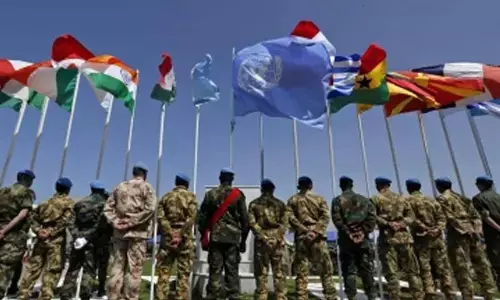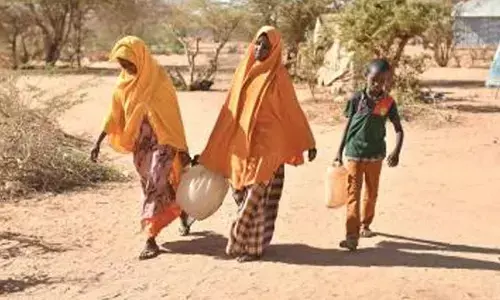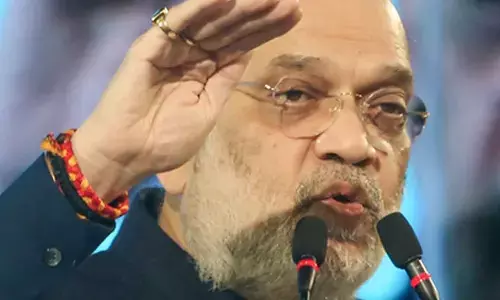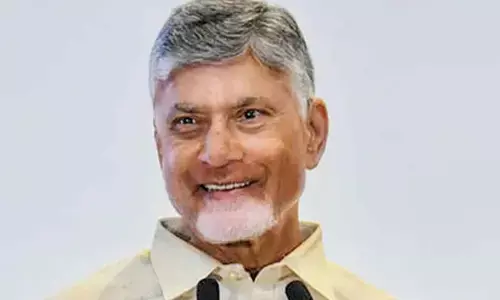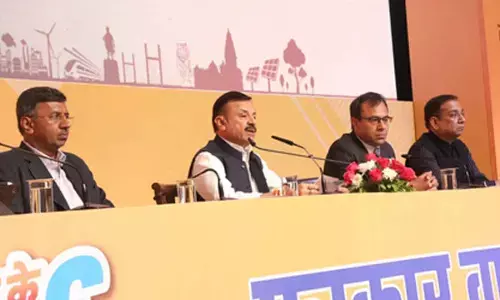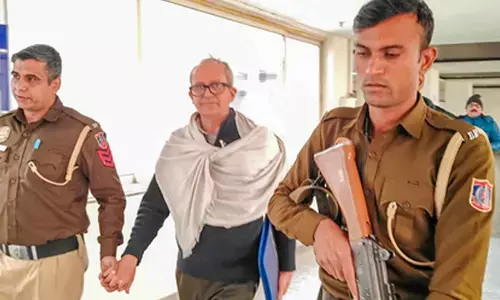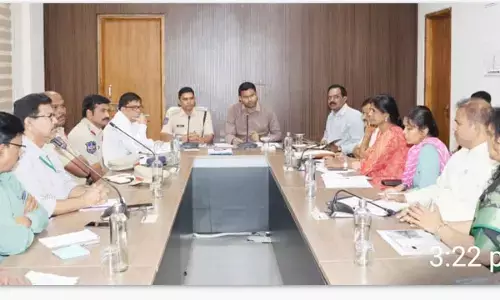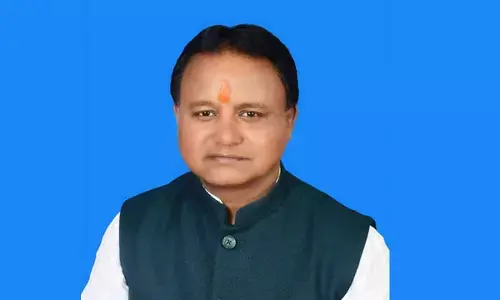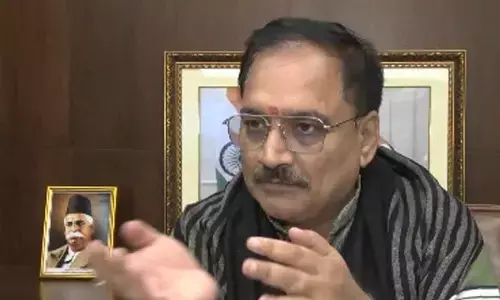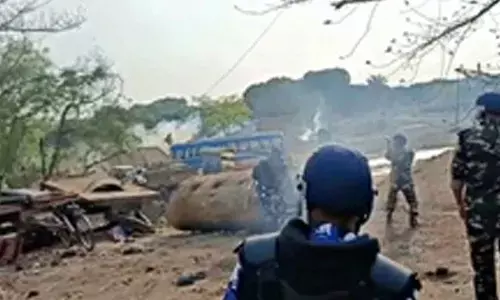Dengue Outbreak Secrecy Unveiled: Delhi Faces Worst Crisis Since 2015 Amid G20 Summit Hush-Up
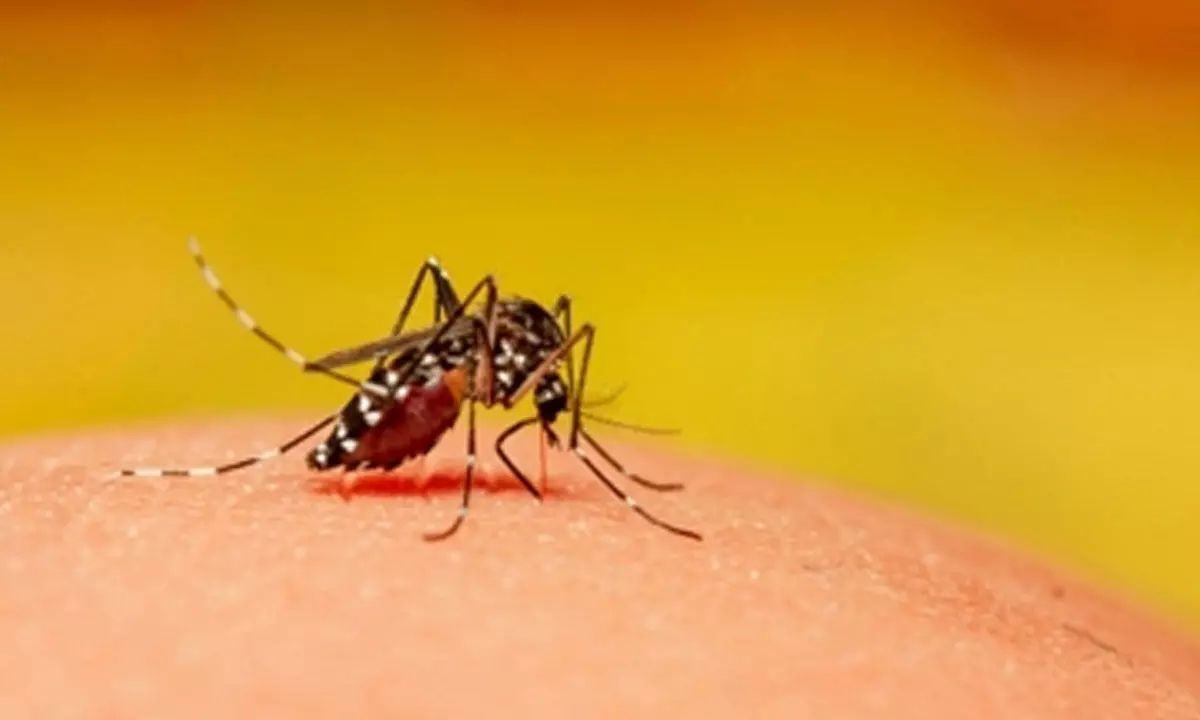
- Delhi confronts a formidable dengue outbreak, potentially its most severe since 2015, as over 3,000 infections and one fatality have been reported this year.
- Astonishingly, the gravity of this crisis remained concealed for seven weeks, with authorities withholding vital dengue data from the public, citing the G20 Summit as the reason.
Typically, dengue cases surge during the months of September and October, implying that the numbers are likely to rise for several more weeks until temperatures start to drop. MCD's public health department, responding to inquiries raised by councillors, disclosed that Delhi had already recorded a staggering 3,013 dengue cases this year, marking the city's worst outbreak of this vector-borne disease since 2015. In that particularly grim year, Delhi reported a staggering 15,867 cases and 60 fatalities, a spike attributed to a particularly virulent strain of the disease.
Surprisingly, Mukesh Goyal, the MCD house leader and a member of the Aam Aadmi Party (AAP), revealed that there were "strict instructions from the top" not to release Delhi's dengue figures for the year in light of the G20 Summit. This revelation sparked immediate criticism from the Bharatiya Janata Party (BJP), which accused the AAP of attempting to conceal the extent of the outbreak for political reasons.
According to Raja Iqbal Singh, former North MCD mayor and BJP councillor from Mukherjee Nagar, the data was concealed because the situation on the ground was spiraling out of control, with insufficient efforts to combat dengue. Moreover, Yogesh Verma, former leader of the house and representative of Keshavpuram, contended that multiple deaths had been reported in areas represented by several councillors, making the official figure of just one death grossly inadequate.
As the controversy unfolds, the Delhi government has remained silent on the matter. Mayor Shelly Oberoi, in a social media post, refuted claims of inadequate resources for dengue control, asserting that there were sufficient supplies for fogging and larvae eradication.
It's worth noting that the MCD had ceased its regular release of dengue bulletins, which are typically issued weekly during the monsoon season, since August 7. Officials defended this decision, claiming that there was no statutory mandate to issue weekly reports and insisting that the situation was under control. In the last update on August 7, Delhi had reported 105 new dengue cases, bringing the year's total to 348.
In contrast to the 3,013 dengue cases recorded thus far in 2023, the corresponding period last year saw only 937 cases. The numbers were even lower in 2021 (341), 2020 (212), 2019 (282), and 2018 (481). However, the figures reached 1,807 in 2017 and 1,692 in 2016. The highest count in recent years occurred in 2015 when Delhi registered 5,982 dengue cases between January 1 and September 26.
Despite the decrease in deaths from dengue last year (nine fatalities), down from 23 in 2021, the numbers remained higher compared to 2020 (1), 2019 (2), and 2018 (4). The city recorded ten dengue-related deaths each in 2017 and 2016.
Furthermore, it's important to acknowledge that dengue cases typically peak during September and October, which means that the numbers are expected to continue rising for a few more weeks until temperatures become less conducive for the Aedes aegypti mosquito, the dengue vector.
The situation is compounded by the presence of a more dangerous dengue strain this year, which can lead to severe symptoms, including hemorrhagic fever with shock and chills. Health experts have noted a rapid increase in dengue cases, with some patients reporting bleeding issues.
On the positive side, municipal health officials have reassured that they have procured an adequate supply of larvicides and fogging drugs to manage the dengue season effectively this year.








